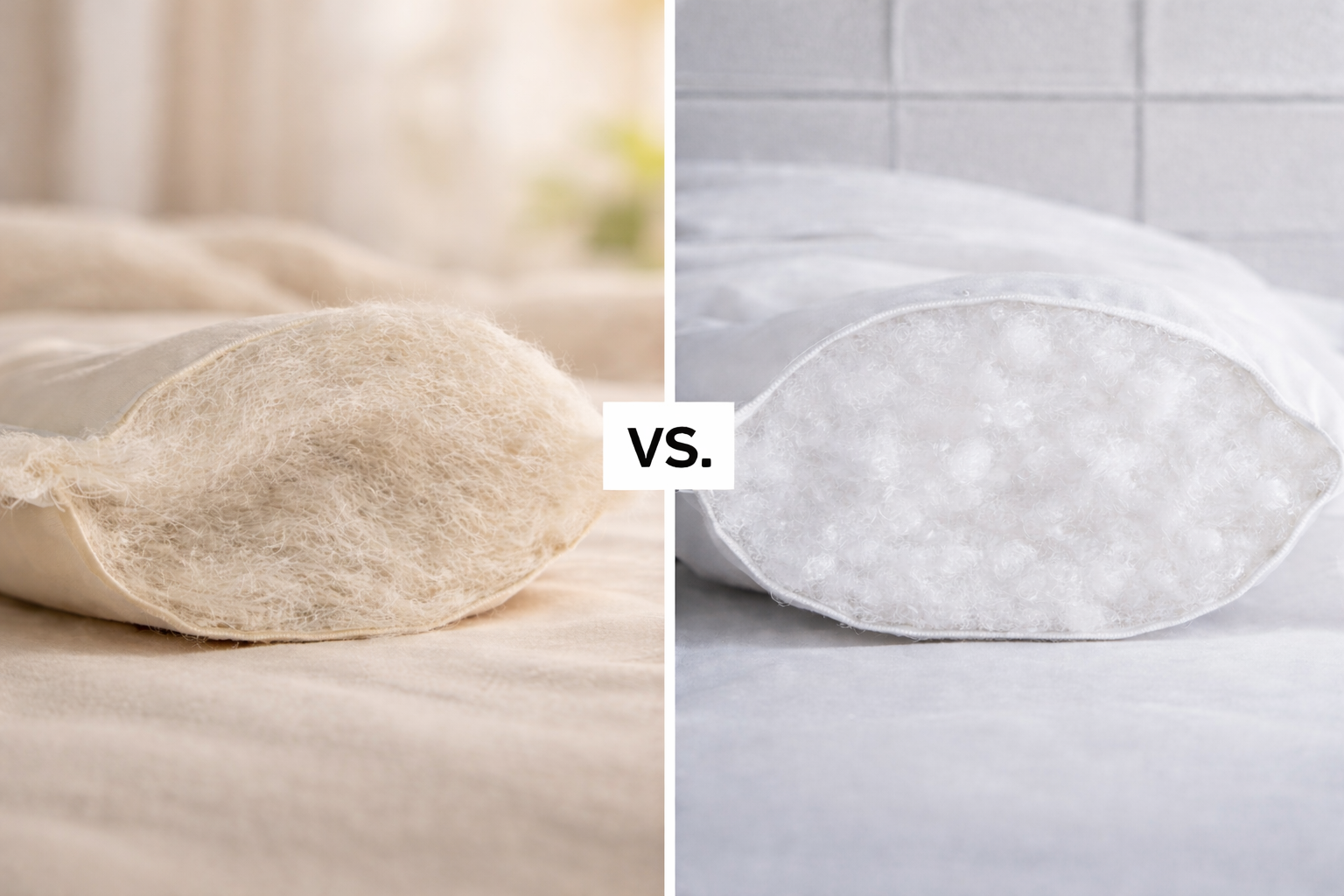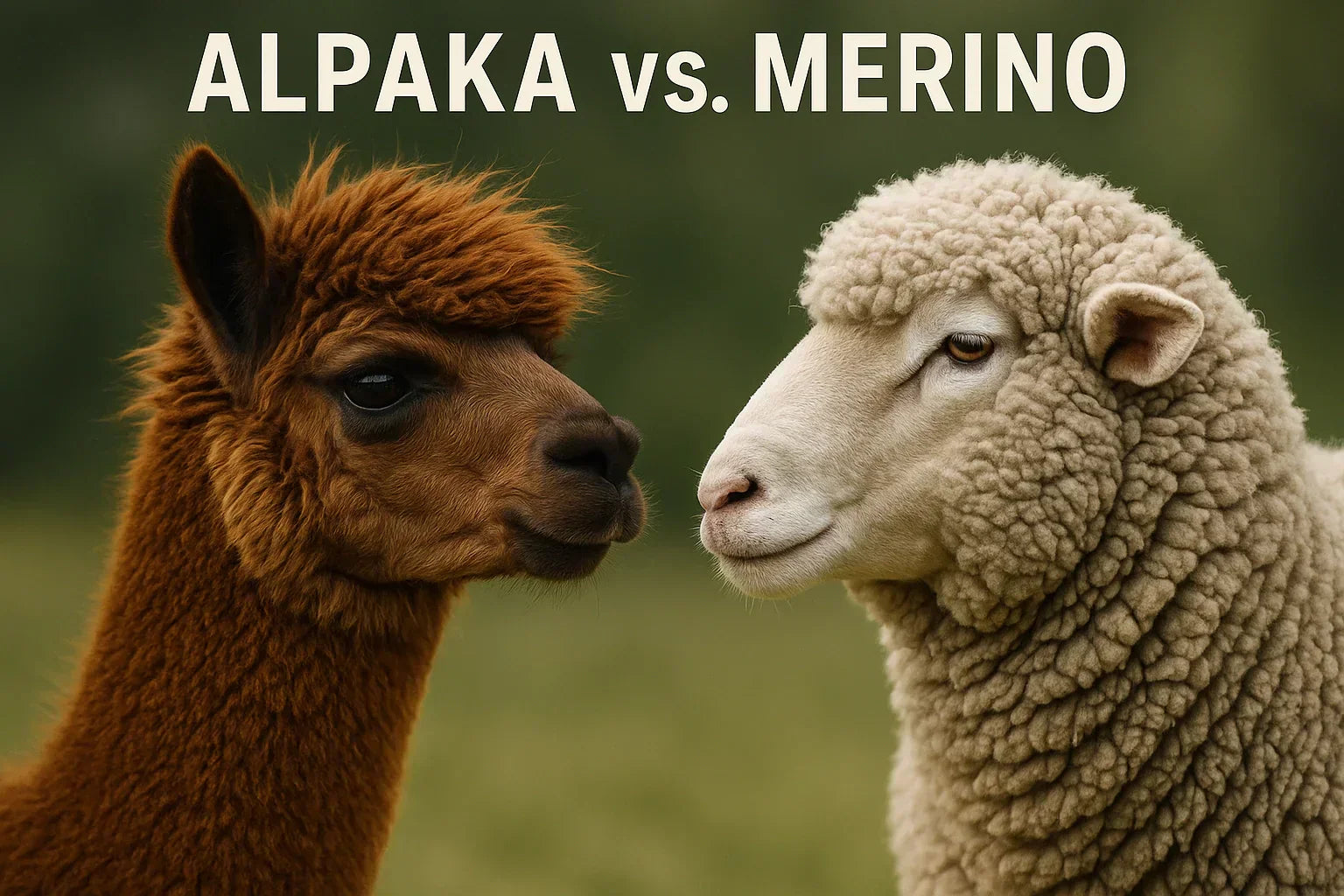Why is it worth wearing a hat?

Although the beautiful golden autumn is in full swing, the evenings and mornings are increasingly turning chilly, reminding us that winter weather is inevitably approaching. This makes it time for a wardrobe update or addition. A crucial element of the autumn/winter wardrobe, especially in our climate, is a hat . Wearing one can be quite a challenge for some, so we'll try to present the most important benefits of wearing one here.
Why do many people dislike wearing hats?
There are several reasons why we might not like wearing a hat. For some, their reluctance to wear one often stems from the belief that they don't look good in them. Others, on the other hand, shy away from wearing one for fear of ruining their hairstyle or dislike the static electricity that comes with taking it off. But are these really such compelling reasons to give up hats altogether? Aren't their benefits greater? Or is there a way to get rid of these unwanted "afflictions"? So let's take a look at why it's worth making friends with a hat.

The head lacks a layer of fatty tissue beneath the skin to insulate us from the outside temperature and thus protect us from the cold. Therefore, any exposure to low temperatures can lead to a loss of up to 10 percent of body heat. As a result, our body can become hypothermic, which in turn carries the risk of weakening it. A weakened body is susceptible to colds, inflammation, and other infections, so it's important to ensure proper insulation in low temperatures, which is precisely what wearing a hat provides.
The cap protects the hair against moisture loss and sebum secretion disorders.
Not wearing a hat not only exposes us to excessive heat loss but also negatively impacts the condition of our hair. Cold and windy days are definitely not good for it, so if you don't want your hair to become dull and dry, it's worth protecting it with a hat. Furthermore, wearing a hat outdoors reduces the temperature difference our hair is exposed to when we enter a warm room. Large temperature fluctuations disrupt sebum production, which in turn causes our hair to lose its freshness more quickly. Therefore, it's worth limiting thermal shock to your hair by protecting it with a hat.
"Bad hair day"? Not with a hat!
We've probably all experienced situations where even a short trip outside to walk the dog, go shopping, or attend a quick meeting has left us feeling embarrassed because of a bad haircut and no time to fix it. There's no better solution than a hat, which can easily handle even the most unkempt head ;) But what if the hat causes static electricity, leading to such a mess? The answer is simple: avoid hats made of synthetic fibers in favor of natural ones. The fiber from which a hat is made has a huge impact on many levels.
A hat shouldn't cause discomfort; on the contrary, it should enhance our comfort outdoors, not only on frosty days, but even on slightly cooler ones. This, in turn, has a significant impact on our well-being. So why do some people experience an unpleasant itching or sweating sensation when wearing hats? The material the hat is made of is primarily responsible. The skin on the head is very delicate and sensitive to contact with external materials, so if you're one of those who experience such unpleasant sensations, choose hats made of thin, natural fibers that are not only soft but also retain adequate warmth and wick away moisture. Remember that some natural fibers, such as merino sheep wool, contain a high content of lanolin, which can also cause allergies and irritations. For those with these issues, a hat made of alpaca yarn is definitely a better solution, as unlike other wool fibers, it doesn't contain lanolin. Lanolin, or the so-called "alpaca wool," is a natural fiber that can cause skin irritations. Animal wax also makes our hair greasy faster, so if we want our hair to stay fresh longer, an alpaca hat will be a great choice again.
For the most discerning people who, despite so many positive aspects, still cannot be convinced to wear a hat, but who also care about their health and well-being, we offer an alternative in the form of headbands.





